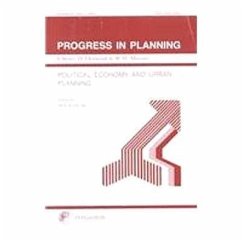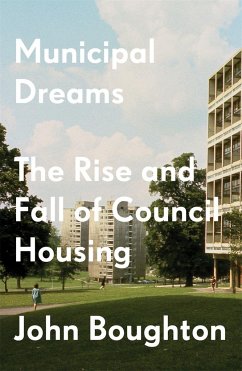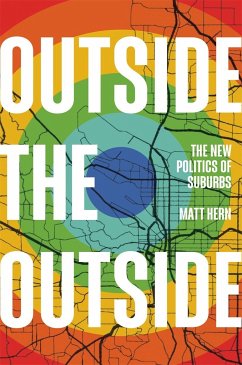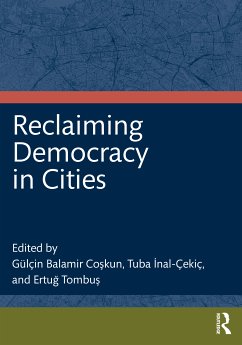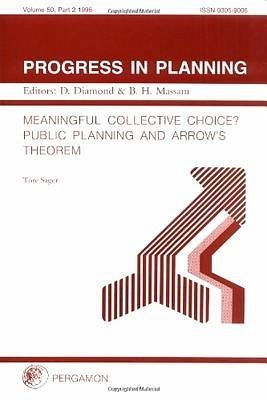
Progress in Planning, Volume 50, Part 2
Meaningful Collective Choice? Public Planning and Arrow's Theorem
Versandkostenfrei!
Versandfertig in 6-10 Tagen
62,99 €
inkl. MwSt.

PAYBACK Punkte
31 °P sammeln!
This essay is based on Kenneth Arrow's celebrated impossibility theorem stating that under a few quite reasonable assumptions, collective choice cannot be simultaneously logical and fair. The purpose here is to argue that planning procedures can reduce the likelihood that decision cycles will arise when democracy is pursued. It is examined whether some of Arrow's assumptions can be relaxed under widespread and participatory planning, since planning and public debate may force a minimum of conformity on the stated individual preferences. However, collective choices have to be made in spite of t...
This essay is based on Kenneth Arrow's celebrated impossibility theorem stating that under a few quite reasonable assumptions, collective choice cannot be simultaneously logical and fair. The purpose here is to argue that planning procedures can reduce the likelihood that decision cycles will arise when democracy is pursued. It is examined whether some of Arrow's assumptions can be relaxed under widespread and participatory planning, since planning and public debate may force a minimum of conformity on the stated individual preferences. However, collective choices have to be made in spite of the impossibility theorem. Well-known theories of planning, especially synoptic planning and disjointed incrementalism, are analyzed to assess if they are acceptable ways of organizing decision-making processes in the face of Arrow's impossibilities.



